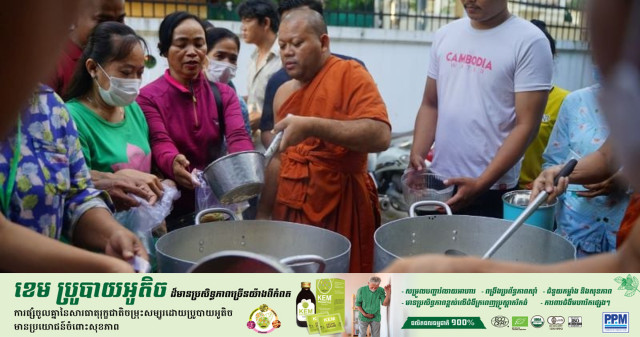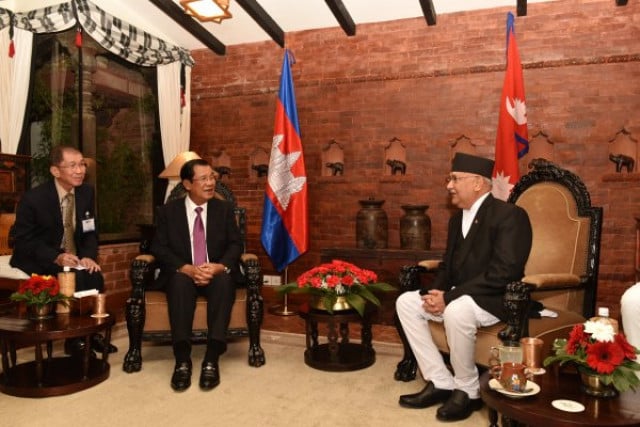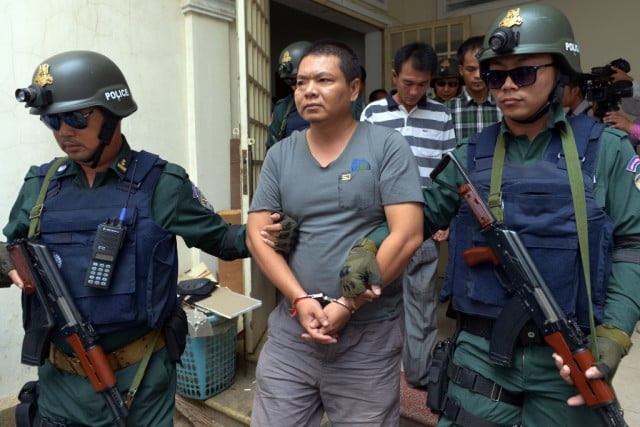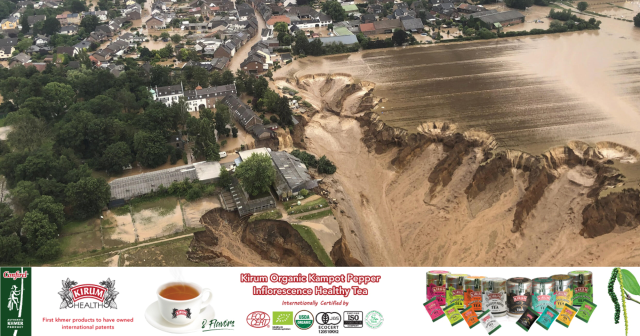Buddhist Pagodas Share Food with the Poor on Pchum Ben, and Every Day

- By Po Sakun
- October 13, 2023 1:00 PM
PHNOM PENH — Pagodas in Phnom Penh have been handing over the food they are receiving during the Pchum Ben days to the needy, hospital patients and jail inmates. However, as a result of the COVID-19 pandemic, some disruption remains in their traditional activity.
Pchum Ben, or Ancestors’ Day is a unique festival in Cambodia during which, according to tradition, Cambodians start the celebrations by going to a pagoda and giving Buddhist monks gifts of food and candles, and then keep doing so every day over a period of 15 days.
The Wat Botum Vatey, Wat Ounalom and Wat Srah Chak pagodas in Phnom Penh give porridge and food to patients at hospitals and to the poor every day.
Prior to the COVID-19 outbreak, these pagodas also distributed food to the inmates of Prey Sar Prison.
Venerable Ket Navy, secretary of Wat Botum Vatey pagoda, said he distributed porridge to Kantha Bopha Children's Hospital during the 14 days of the festival.
There are 451 monks in the pagoda, and each shift has to cook 12 pots of porridge. Of these 12 pots, the pagoda will keep one for distribution to patients in hospitals and to the poor, he said.
“Each day, we can bring two pots of porridge to them,” Navy said. “One pot is the freshly-cooked porridge while the other pot is the leftover porridge from the monks. We always ask each shift to cook extra porridge so that we can take it to the needy.”
Venerable Nhep Tat at Wat Ounalom said that before the pandemic, the team at the pagoda brought rice and other food to prison inmates every year. After the pandemic, however, this stopped due to the shortage of food for the monks.
“Not only our pagoda has had to do so but also other pagodas such as Wat Botum and Wat Srah Chak,” Tat said. “We gathered and distributed the food. We usually gave food that keeps a long time such as stir-fried glass noodles or curry.”
The food at Wat Ounalom is also shared with the poor and disadvantaged children, Tat said. “There are two or three tuk-tuks taking children in during lunchtime,” he said. “Some come here to ask money from the people coming to the pagoda while others come here strictly for food.”
At the Wat Srah Chak pagoda, the team used to take food every day to the Russian Hospital, Preah Ket Mealea Hospital, Kantha Bopha Hospital, the National Maternal and the Child Health Center as well as to prisons, Venerable Inn Oun said.
However today, the pagoda can only do so when the monks receive enough food, he said. “After COVID-19, the food shortage occurred,” he said. “We only manage the food for the monks.”
Still, whenever possible, Oun added, “We cook fish porridge for the hospitals because some patients might be allergic to pork.”
There are many more pagodas across the country where monks share food with the needy every day.















